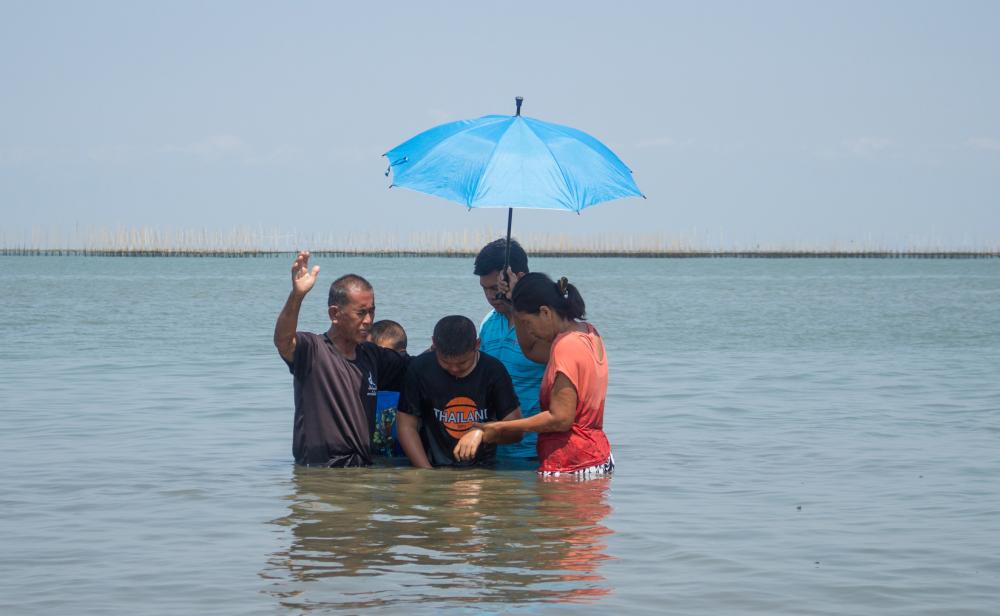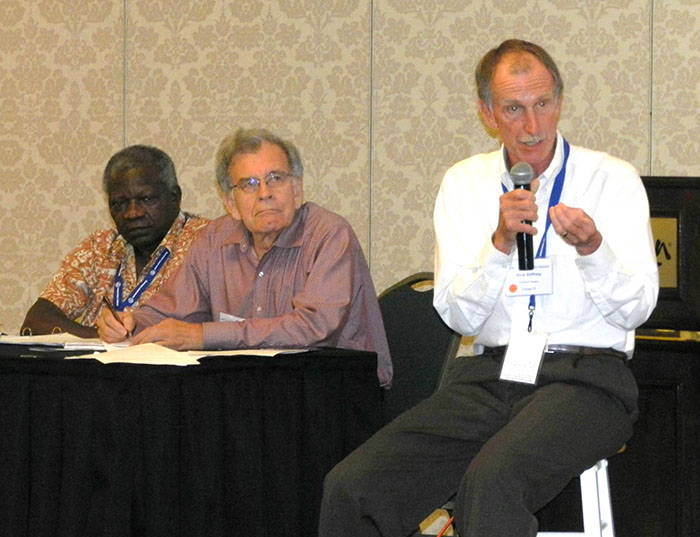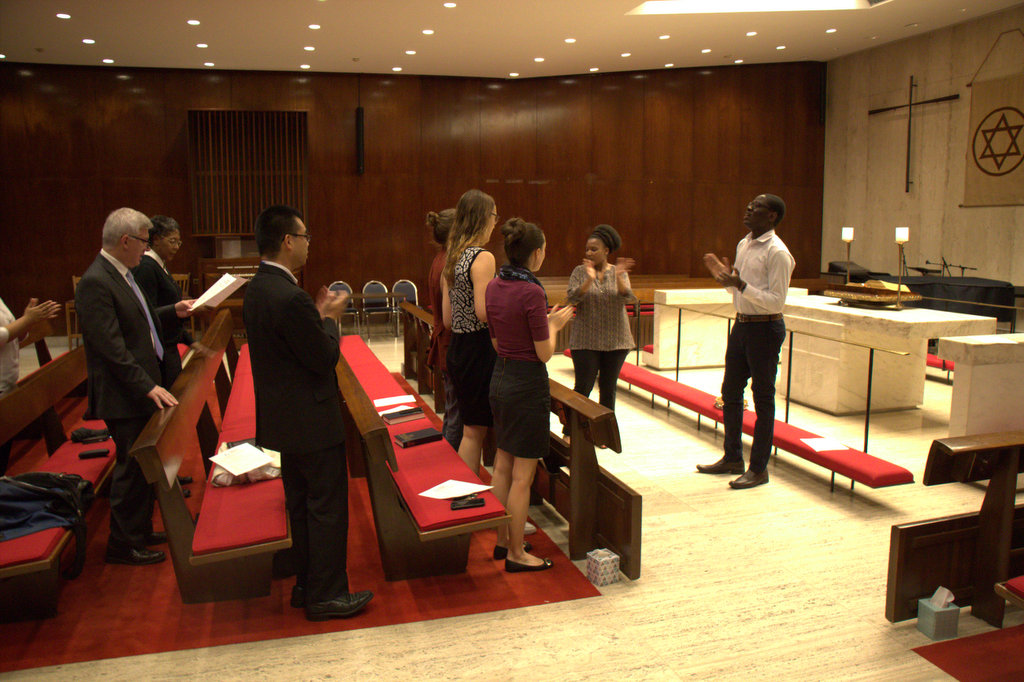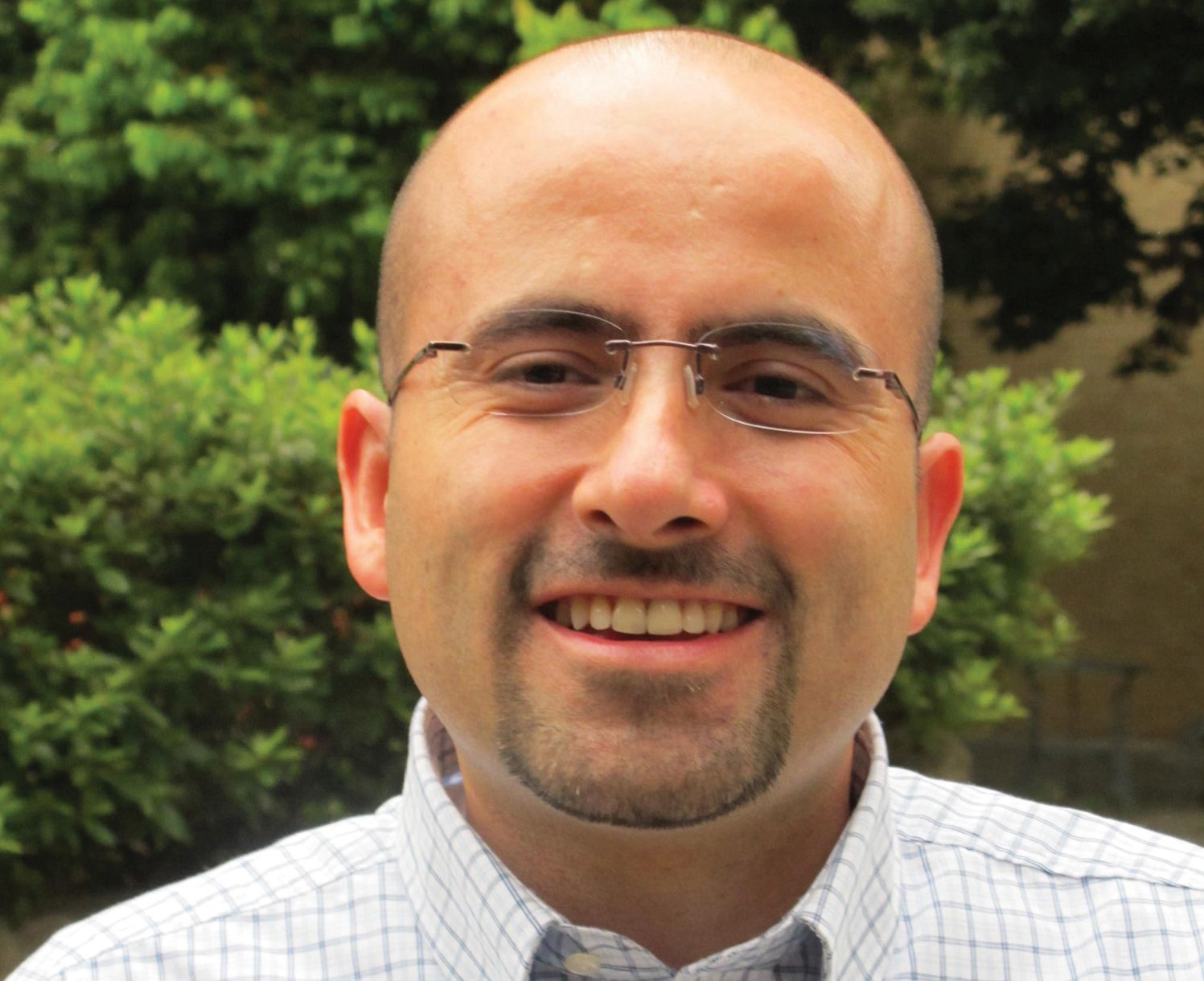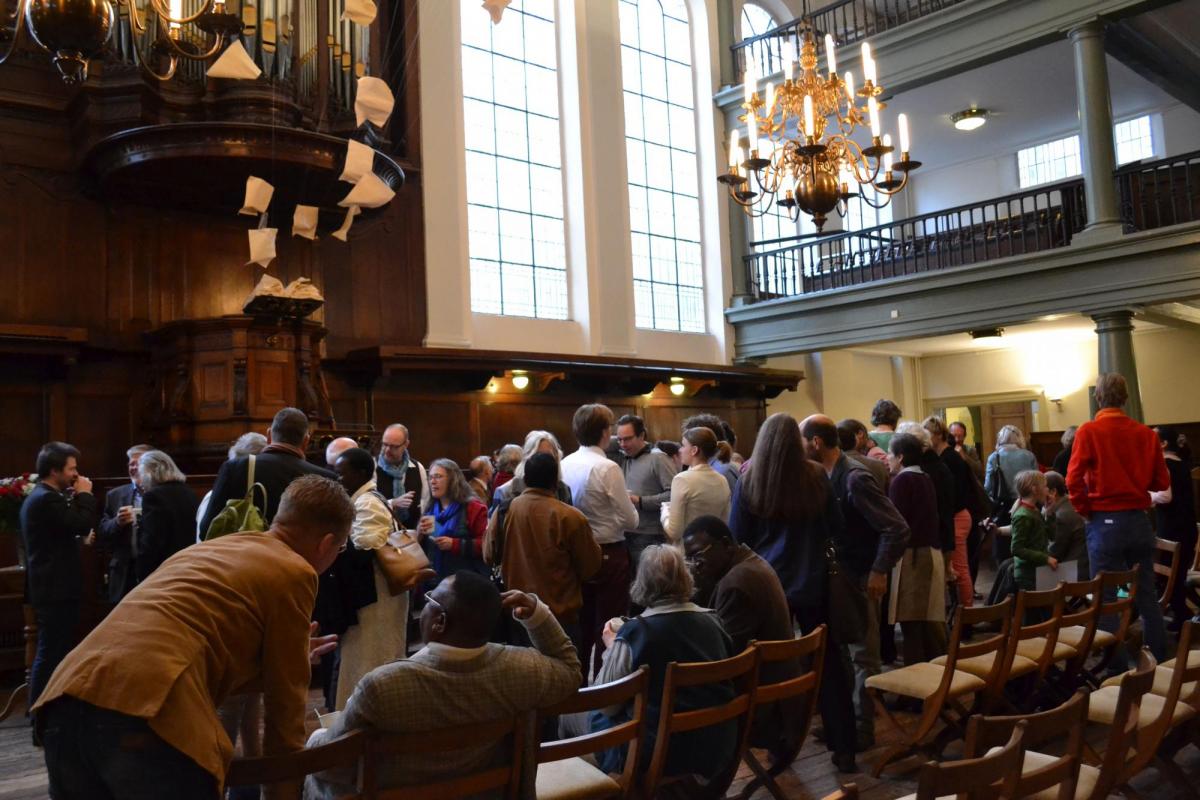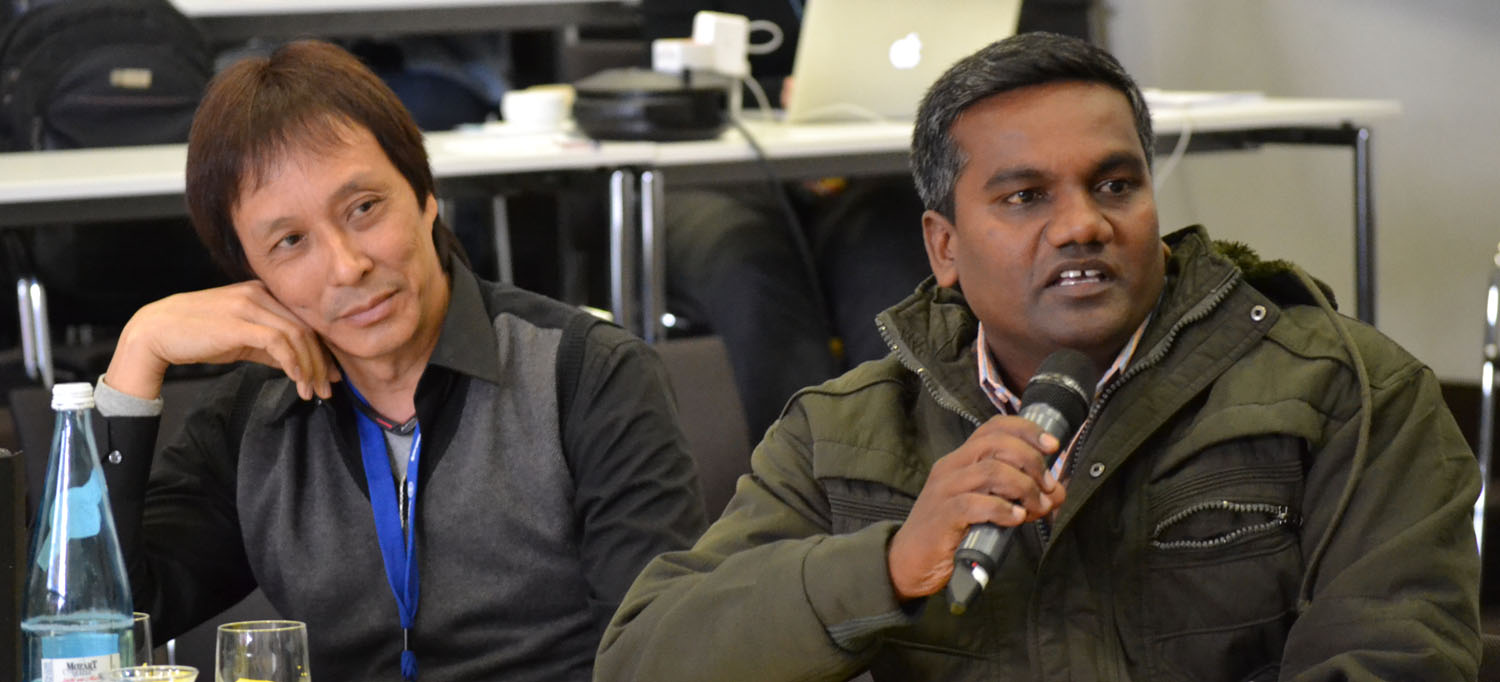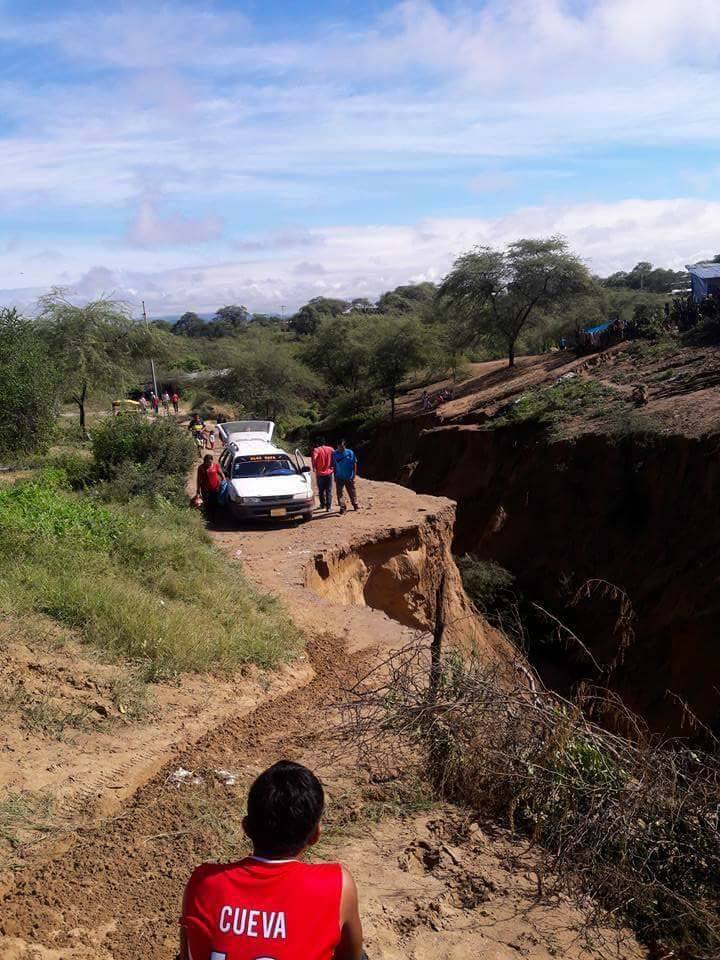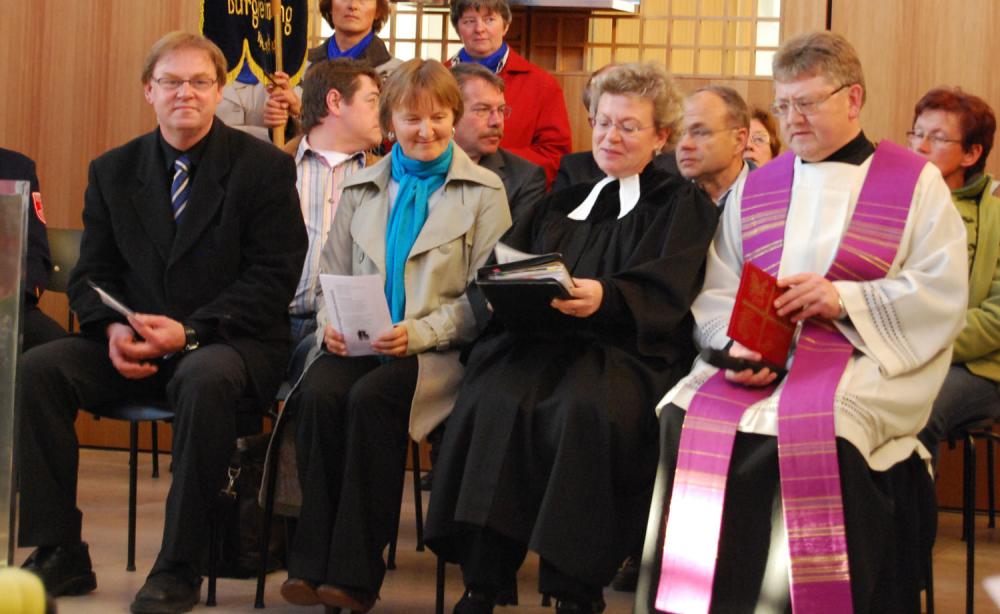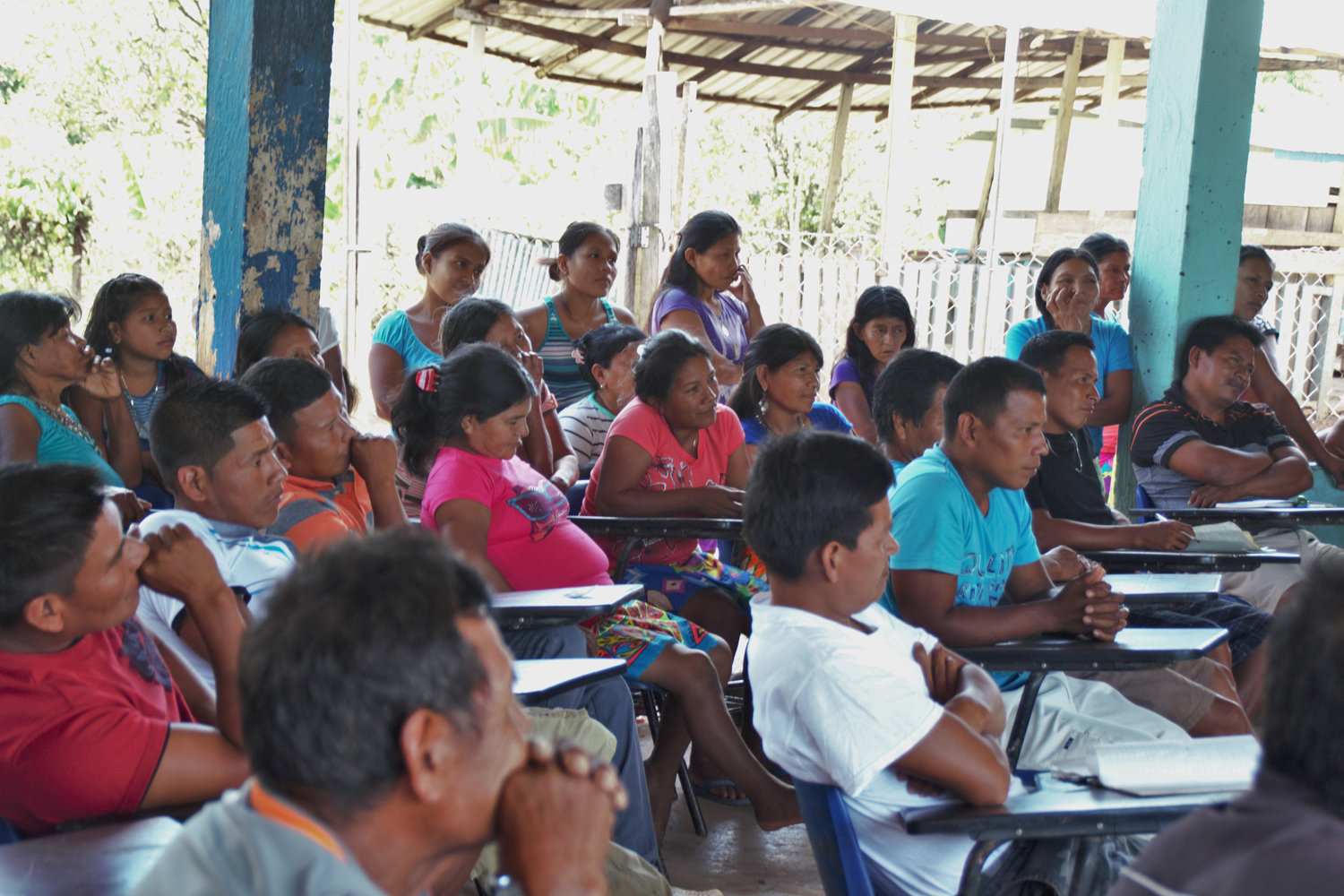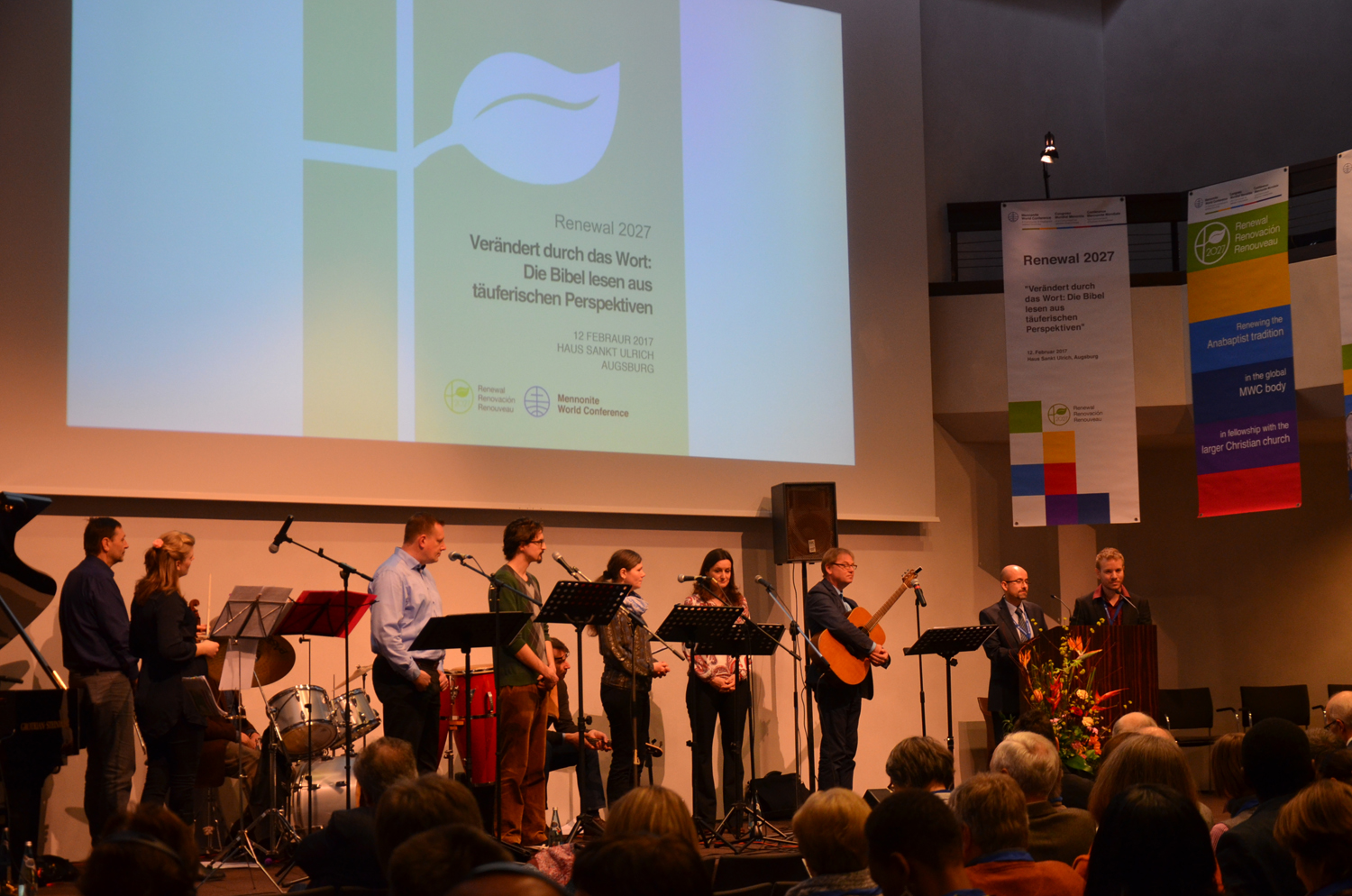-
Ministry partner update: ICOMB – June 2017
The International Community of Mennonite Brethren (ICOMB) is made up of 21 national churches in 19 countries with approximately 450,000 members. ICOMB exists to facilitate relationships and ministries to enhance the witness and discipleship of its member national churches – connecting, strengthening and expanding. The church on mission The church is the divine community –…
-
Health network issues global call
Bogotá, Colombia – Mennonite and Brethren health care leaders from around the world are developing a network to foster collaboration and support among related organizations. The leaders of the emerging Global Anabaptist Health Network (GAHN), a Mennonite World Conference (MWC) supported group, are issuing a survey and a global call. GAHN invites Anabaptist health organization…
-
The perfect placement: A Kenyan Mennonite in the MCC UN Office
New York, USA – Right outside the window from my desk at the MCC UN Office on the 10th floor of the Church Center for the United Nations, I can see the UN entrance and the Kenyan flag, which unexpectedly brews the feeling of patriotism; I am learning to appreciate my country more when I…
-
A discipling community
“Do not cry,” said to me a member of my church when I lost a relative in a very tragic way. “Read this verse of the Bible,” she continued. However, I could not hear her. I needed somebody able to listen to me, somebody ready to cry with me, and somebody open to walk with…
-
The heart at work: Commissions meet
Bogotá, Colombia – MWC’s Renewal 2027 event in Augsburg, Germany, was bookended by meetings of its decision-making bodies and working groups, including a face-to-face gathering of the four Mennonite World Conference (MWC) Commissions: Deacons, Mission, Faith & Life and Peace. Commission members are volunteers from around the world who represent the General Council or bring…
-
How can we get answers from the Bible for 21st century questions?
How do our member churches express the MWC Shared Convictions in beautiful, local variety throughout our global body? The October 2016 issue of Courier/Correo/Courrier seeks to discern the variety of reasons why Anabaptist communities from around the world come together to form MWC. In the articles that follow, writers reflect on the question: How does Christ’s love for…
-
MWC Executive Committee deliberates, welcomes and celebrates
Bogotá Colombia – As Mennonite World Conference (MWC) kicked off Renewal 2027 (a 10-year event commemorating Anabaptism’s birth through the Reformation), the Executive Committee welcomed a record number of new members at their meeting in Germany. Before and after “Transformed by the Word: Reading Scripture in Anabaptist Perspectives” (Renewal 2027) in Augsburg, Germany, 12 February…
-
Ministry partner update: ICOMB – May 2017
The International Community of Mennonite Brethren (ICOMB) is made up of 21 national churches in 19 countries with approximately 450,000 members. ICOMB exists to facilitate relationships and ministries to enhance the witness and discipleship of its member national churches – connecting, strengthening and expanding. Pray for Peru The flood has subsided, and 100,000 homes are…
-
The joy of Christian unity
Celebrating the Week of Prayer for Christian Unity in Germany Over the more than 10 years I have been serving as pastor in Evangelische Freikirche Mennonitengemeinde Regensburg, the Burgweinting neighbourhood has been celebrating an ecumenical worship service during the Week of Prayer for Christian Unity.* Participating congregations consist of the Roman Catholic congregation, the Evangelical…
-
Solidarity with indigenous struggle
Bogotá, Colombia – From April 2016 to January 2017, indigenous people and allies gathered in the northern United States to protest a plan to build pipeline they believed would violate sacred burial grounds and threaten to contaminate drinking water. Mennonite church groups in the U.S. and around the world expressed solidarity with Standing Rock Sioux…
-
The Bible still speaks, say Renewal 2027 speakers
Augsburg, Germany – Regional Anabaptists and leaders from around the world gathered 12 February 2017 for “Transformed by the Word: Reading Scripture in Anabaptist Perspectives,” the first in a 10-year series of events called “Renewal 2027” organized by Mennonite World Conference (MWC) to commemorate the 500th anniversary of the Anabaptist-Mennonite tradition with appreciation and critical…
